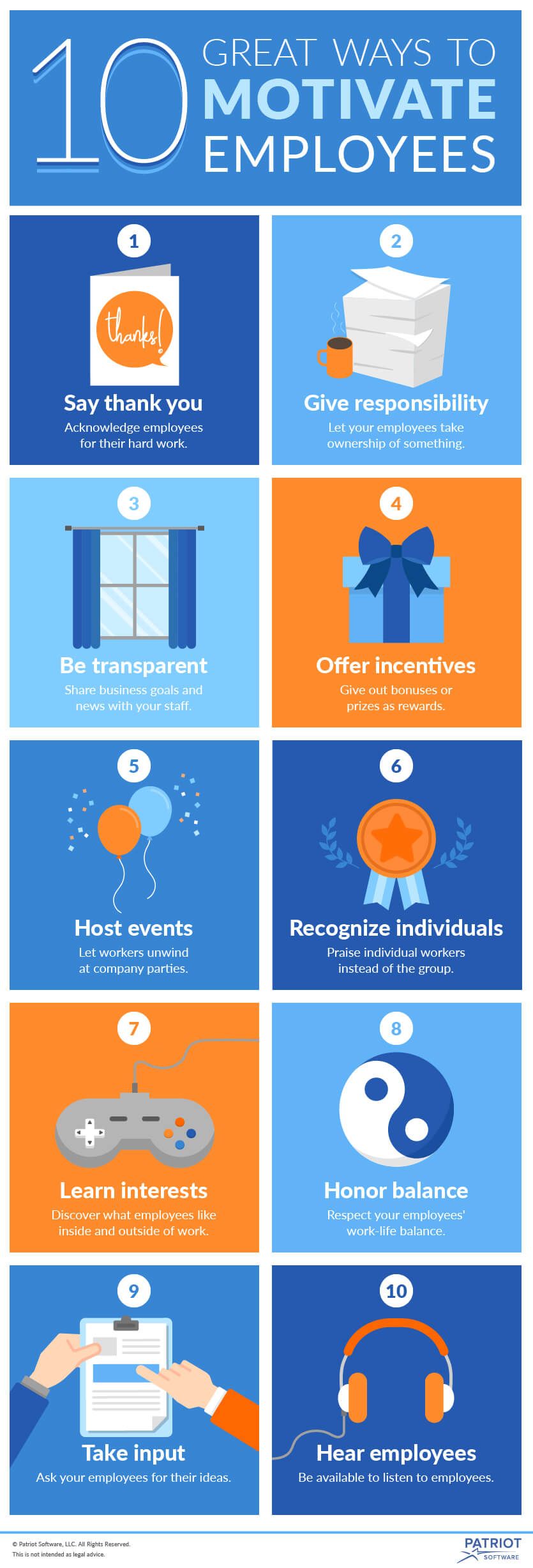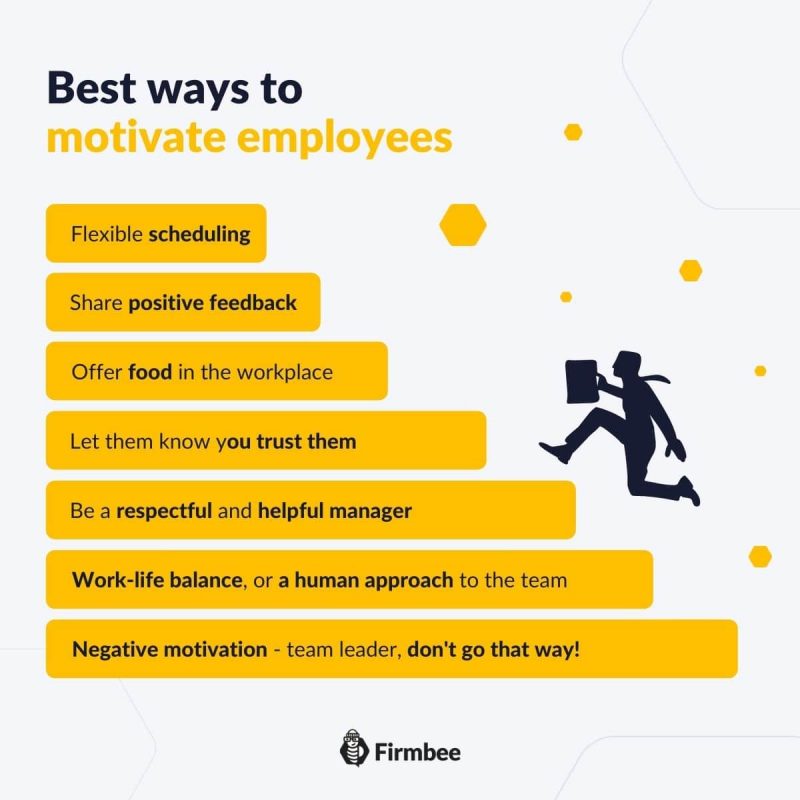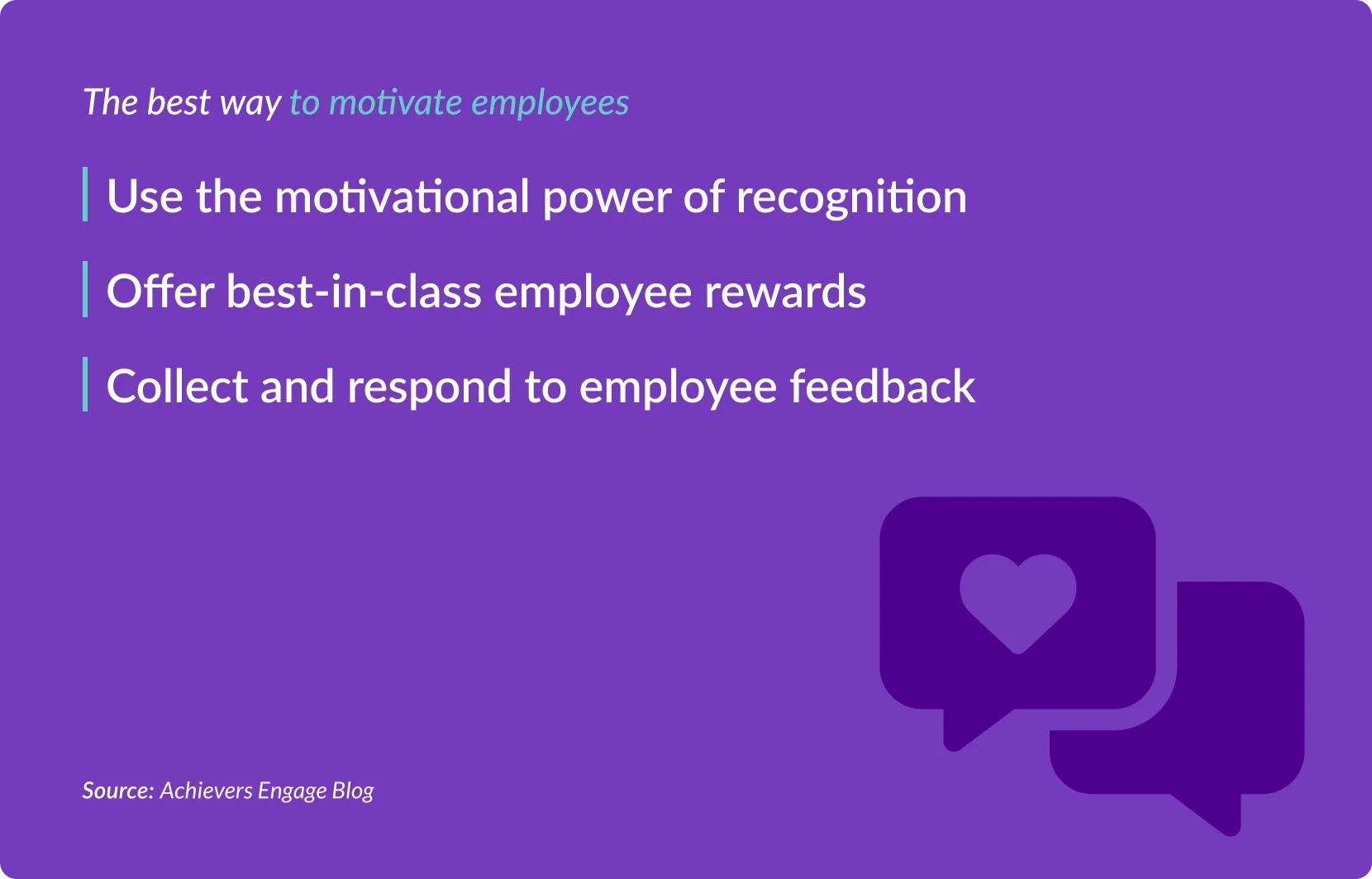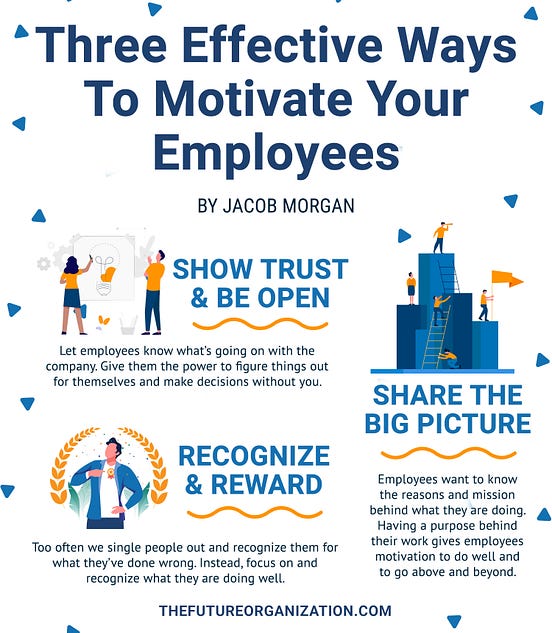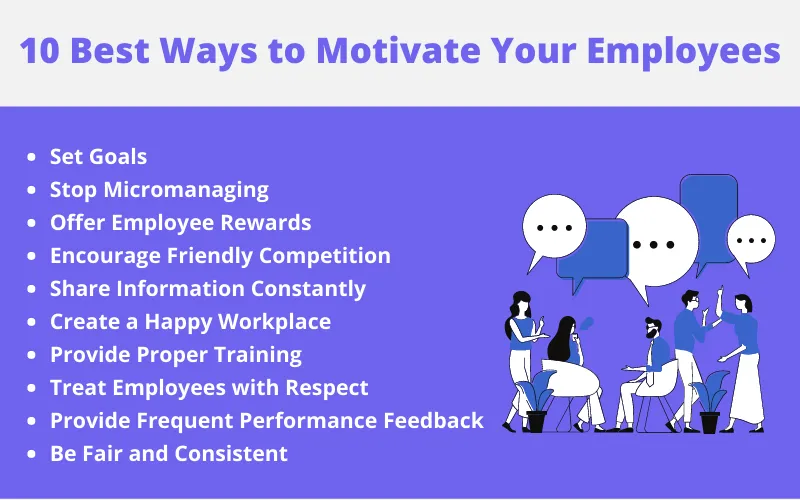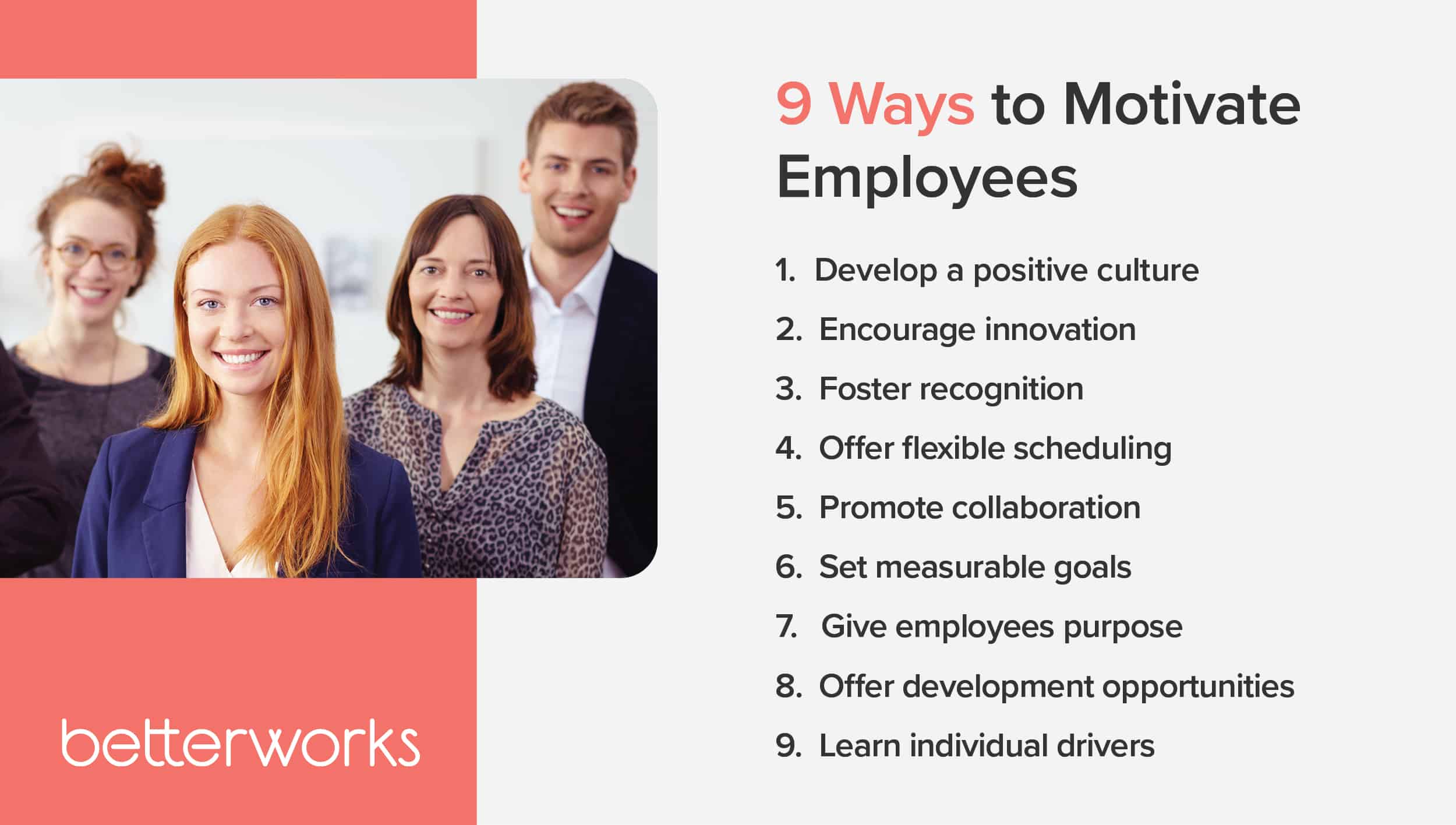What Are Some Ways To Motivate Employees

Employee motivation is plummeting, threatening productivity across industries. Leaders are scrambling to implement effective strategies to combat disengagement and reignite passion in the workplace.
This crisis demands immediate action. Companies must prioritize creating environments where employees feel valued, respected, and empowered to contribute their best work. Failure to do so risks significant economic consequences.
Understanding the Motivation Crisis
A recent Gallup poll revealed that only 34% of US employees are engaged at work. This translates to billions of dollars in lost productivity and increased turnover costs annually. Burnout and a lack of perceived growth opportunities are major contributing factors.
The pandemic exacerbated existing issues, forcing many to re-evaluate their priorities. Employees are now demanding more from their employers, seeking purpose beyond just a paycheck.
Proven Strategies for Boosting Morale
Recognize and Reward Achievements
Simple acknowledgement can go a long way. Publicly celebrating milestones and individual contributions reinforces positive behaviors.
Financial incentives, such as bonuses and raises, are still important motivators, but must be tied to performance goals. A study by the Society for Human Resource Management (SHRM) found that companies with robust recognition programs experienced 31% lower voluntary turnover.
Foster a Culture of Open Communication
Encourage feedback and transparency from leadership. Create avenues for employees to voice concerns and suggestions.
Regular check-ins with managers are crucial to addressing individual needs and providing support. "Employees want to feel heard and understood," explains Dr. Anya Sharma, a leading organizational psychologist.
Provide Opportunities for Growth and Development
Invest in training programs and mentorship opportunities. Help employees develop new skills and advance their careers.
Offering tuition reimbursement or funding for conferences demonstrates a commitment to employee growth. This leads to increased loyalty and a more skilled workforce.
Empower Employees Through Autonomy
Grant employees more control over their work and decision-making processes. Micromanagement stifles creativity and innovation.
Allowing flexible work arrangements, such as remote work or flexible hours, can significantly improve work-life balance. Data from PwC shows that 83% of employees prefer hybrid working models.
Promote Well-being Initiatives
Prioritize employee mental and physical health. Offer wellness programs, access to mental health resources, and encourage healthy habits.
Companies are increasingly offering benefits like gym memberships, mindfulness apps, and access to on-site healthcare. This signals that the organization cares about their employees as people, not just workers.
The Path Forward
Companies must act decisively to implement these strategies. Regular surveys and feedback sessions can help gauge the effectiveness of initiatives and identify areas for improvement.
The ongoing debate about the future of work necessitates a dynamic and adaptive approach to employee motivation. The companies that succeed will be those that prioritize their employees' needs and create a truly engaging work environment.



